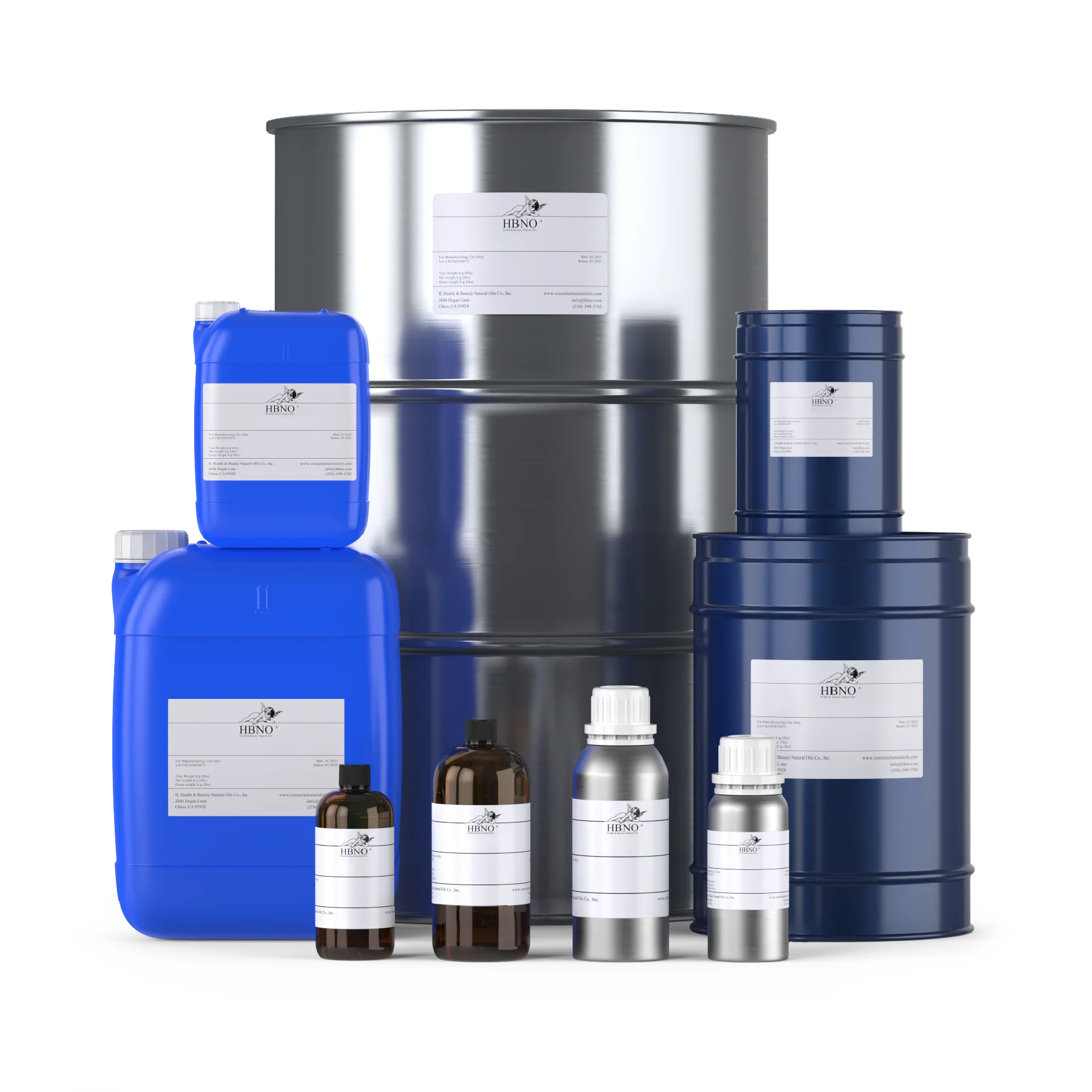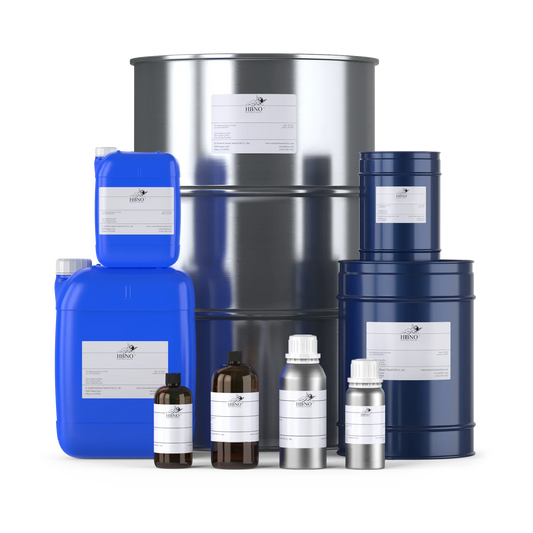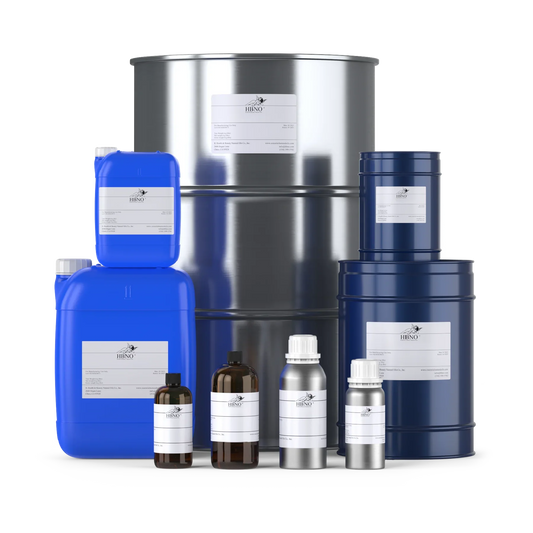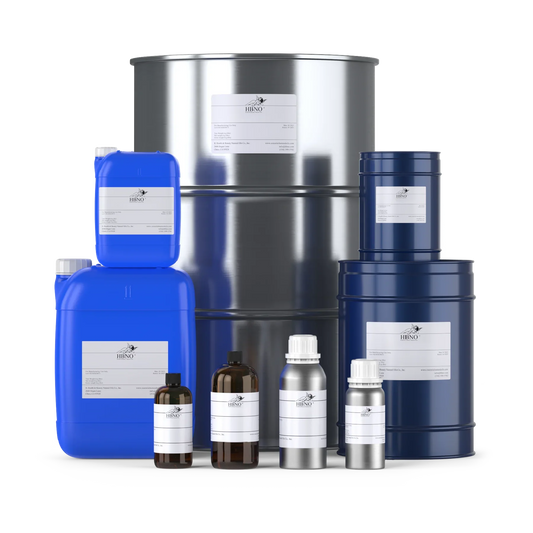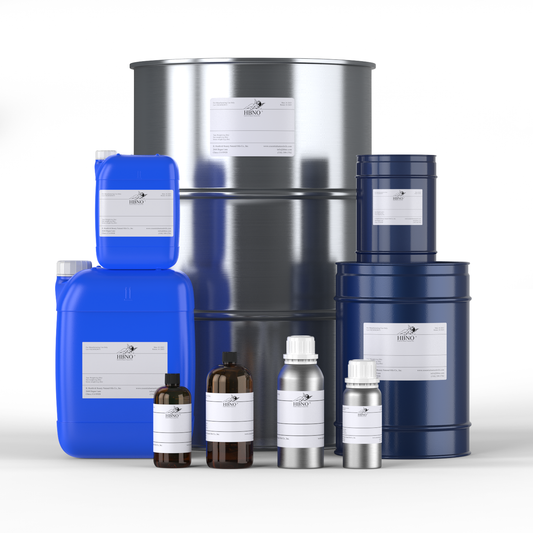This store requires javascript to be enabled for some features to work correctly.
- Home
- Formulation
- Aromatic Chemicals
- Extracts and Powders
- Private Label
- Dropshipping and Fulfillment
- About Us
Industrial Products Lubricants
Interest in the use of carrier oils as industrial lubricants is growing as lubricant fomulators exploit the potential of carrier oils as bio-based alternatives to petroleum-based and synthetic lubricants. If you are a company wishing to market an environmentally-friendly, biodegradable lubricant, consider carrier oils.
Research is actively exploring modifying carrier oils through chemical alterations and blending them with additives to enhance their lubricating properties.
o Esterification: Converting fatty acids in oils into esters improves viscosity and oxidation stability.
o Additive blends: Adding anti-wear and friction-reducing additives can address specific shortcomings.
o Genetic engineering: Modifying the fatty acid composition of plants to produce oils with tailored properties for lubrication.
Unlike petroleum-based lubricants, modified carrier oils can biodegrade, minimizing environmental impact in case of spills or leaks.
Derived from plant sources, carrier oils are a renewable resource compared to finite fossil fuels.
Performance: Modified carrier oils may not yet match the performance of high-grade synthetic lubricants in all aspects, especially under extreme conditions.


